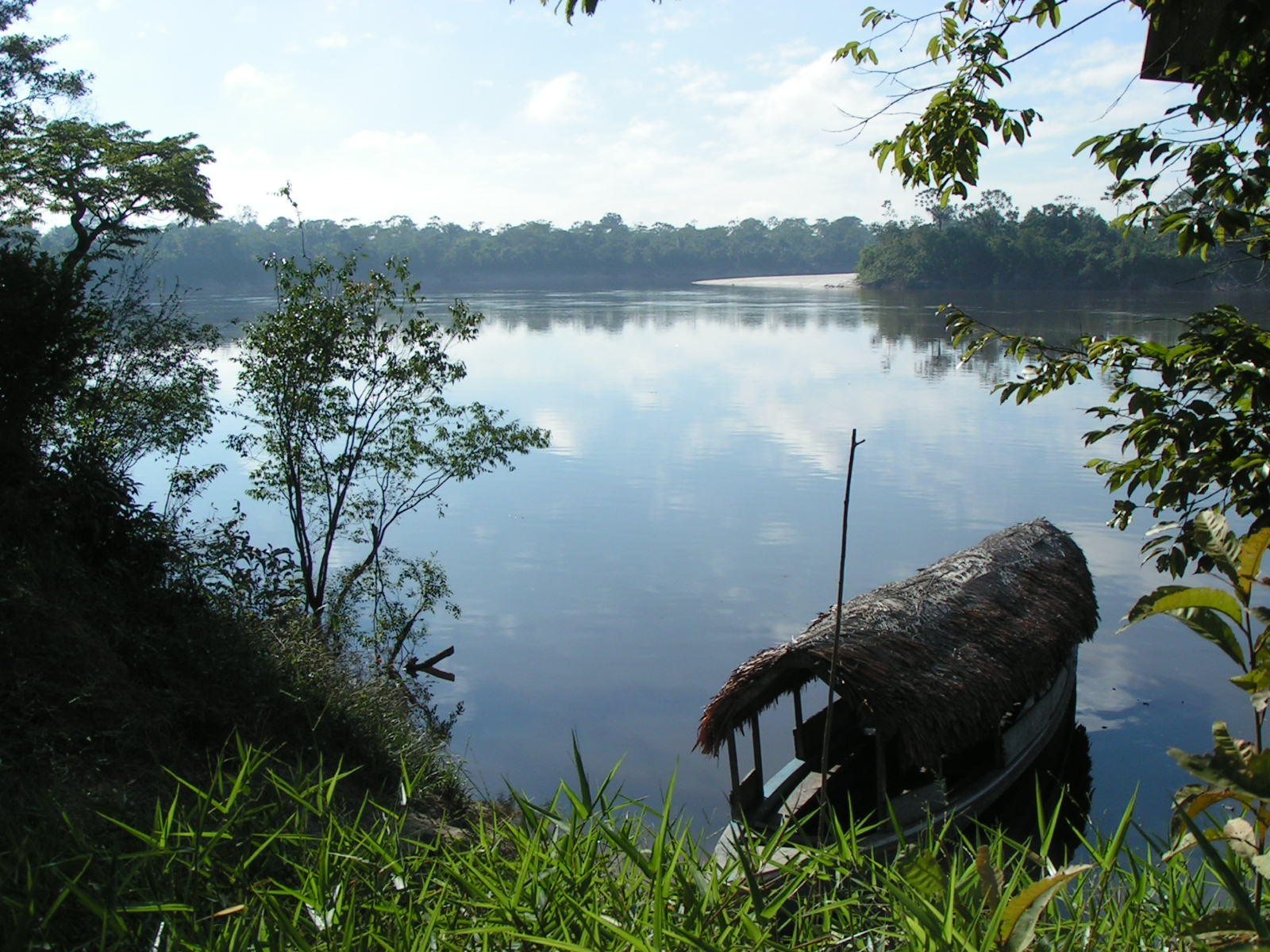« As the devastating consequences of climate change become ever more disastrous, it is likewise becoming ever more clear that the corporate-dominated UNFCCC-negotiations are not part of the solution but part of the problem. Instead of the necessary systemic changes that stop the profit-driven plunder of the earth’s resources through fossil-fuel extraction and deforestation, the only proposals coming from the negotiators are corporate friendly market-based solutions. In these so-called solutions, the prerequisite is to not conflict with corporate interests and corporate power but to strengthen them, by giving them more control over our natural resources. The negotiators seem to believe that if we want to solve climate change we have to give corporate interests a bigger say in how to govern nature – in the process making climate change yet another tool to profit at the expense of people and the planet. Blue Carbon – a false solution A new such initiative is the idea of ‘blue carbon’, which is being pushed by an alliance of governments, environmental NGOs and the corporate sector. Blue carbon projects claim to ‘protect’ wetland areas (mangroves, tidal marshes and seagrass meadows) in order to ‘mitigate’ global carbon emissions through their natural abilities to capture and store carbon. The way blue carbon projects do this is by putting an economic value on these areas based on how much carbon they can capture and store, and then introduce them as yet another commodity in the carbon markets to be financialised and speculated on by investors and multinational corporations. Through such investments these actors can ‘offset’ their carbon emissions or simply trade with them for profit. Far from solving the problem, this is a false solution that legitimizes the continued emissions and plunder of natural resources in one place as long as wetlands that store and absorb carbon somewhere else are protected. Aside from being a false solution, this so-called protection also does more harm than good. The way the actors pushing blue carbon envision ‘conservation’ will result in the displacement of the people who live off and with these areas. Their brand of conservation involves expulsion of communities, reducing customary or community access rights and fundamentally changing communities’ relationship with the resource to a more narrow understanding of ‘conservation’. As WWF and Credit Suisse have put it, we in the communities should develop more “business acumen and financial literacy” to become part of their conservation projects. Such conservation efforts that prioritise profit-driven eco-tourism and Marine Protected Areas over the human rights of fisher peoples and real solutions to climate change is nothing less than ocean grabbing[1]. Small-scale food producers have the real solutions Instead of these corporate-friendly false solutions, we, the small-scale fishers, together with other small-scale food producers[2], have the socially and ecologically just visions and solutions to climate change. Our indigenous and traditional knowledge and culture is an entire way of life that is about sustaining communities and nature, not about profit. This is also reflected in our engagement with the resources through fishery practices, both in-land and in the oceans. As noted in the Small-Scale Fisheries Guidelines[3], small-scale fishers use non-industrialised methods of harvesting (passive gear or manually hauled) which has a low impact on the ecosystem, is energy efficient and has a low carbon footprint. Real solutions to the climate crises should be based on our knowledge and practices that strike a harmonious balance between people and nature. These solutions should be based on the simple principle that human rights come before profits and the rights of the corporate sector. Our human rights, covering civil, political, social, economic and cultural rights must be respected. Aside from being ecologically just, small-scale fisheries also provide a livelihood for 90% of the some half a billion people employed in capture fisheries – half of which are women. Small-scale fishers are therefore a key actor in the struggle to ensure truly sustainably managed resources in a way that does not undermine the socio-economic needs of the many people, often highly marginalized, that are dependent on aquatic resources across the world and notably in the Global South. Instead of governments blindly following the false solutions that prioritize the rights of corporate and finance capital to plunder the resources of the earth, they should be accountable first and foremost to us – the people. As the true guardians of the fisheries resources, we should be given back control of the water bodies, so as to ensure that fisher peoples’ manage their own resources for the benefit of people and the planet – not profit. We will continue the fight to achieve our real solutions and in this struggle, women and youth lead the way forward and sustain the movement. For too long, social movements have been divided through our engagement in different struggles. It is time for us from local to international scale to converge. For us, this starts with the demand for food sovereignty and climate justice. [1] http://worldfishers.org/wp-content/uploads/2015/01/The_Global_Ocean_Grab-EN.pdf [2]See e.g. http://viacampesina.org/en/index.php/actions-and-events-mainmenu-26/-climate-change-and-agrofuels-mainmenu-75/1853-peasant-agriculture-is-a-true-solution-to-the-climate-crisis [3] http://www.fao.org/3/a-i4356e.pdf »


